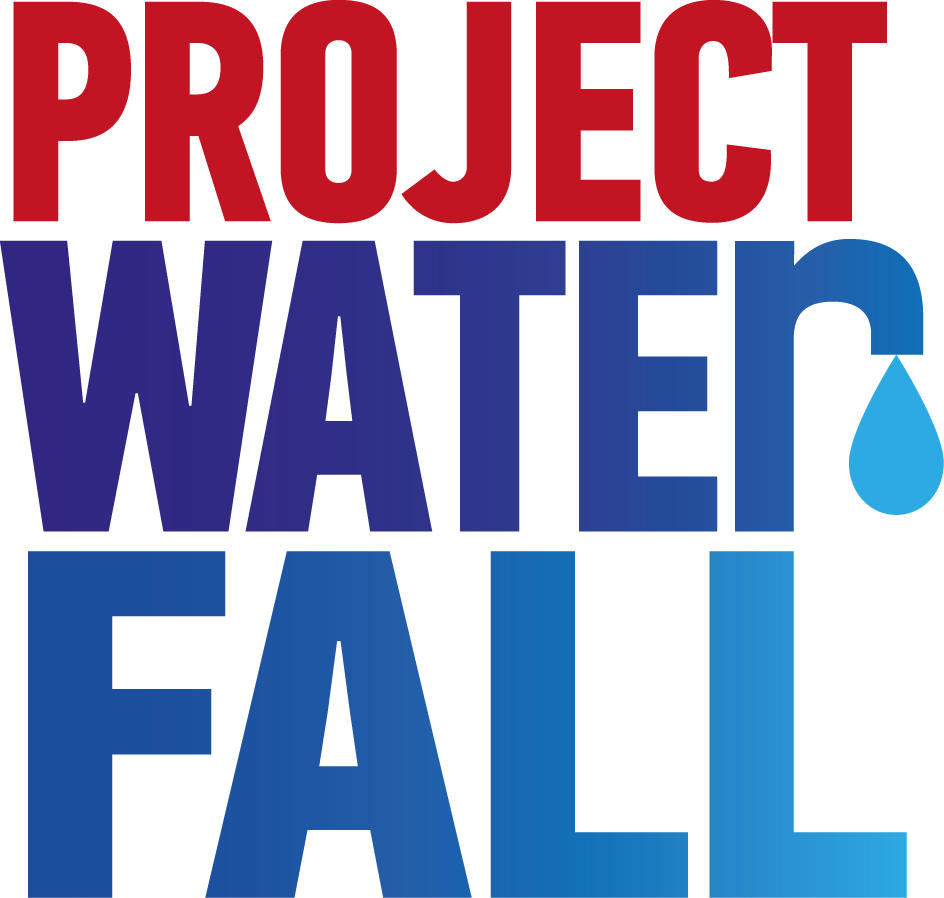Project Overview
The Berbere communities are facing extreme consequences to climate change.
Located at the foot of the Bale mountains and 500km south of the capital Addis Ababa, they are susceptible to changes in rainfall patterns and deforestations that have exacerbated cyclical flooding and drought. With more frequent climate devastations, they lack the capacity to adapt to and absorb these shocks.
These communities are home to some of the most vulnerable and marginalized people who have been affected by threats such as water scarcity, inequitable water distribution and waterborne diseases.
Project Stats
Start date: 2022
Status: In progress, 3-year project
Community: Berbere, Oromia region
People to be reached: 41,539
Delivery Partner: WaterAid
about Ethiopia
94,100,000 population
61% of rural lack access to water
92% of rural lack access to sanitation
29.6% live below the poverty line
An ambitious project changing 41,539 lives over 3 years with access to clean drinking water & sanitation
economic growth
Improved access to water leads to increased productivity and consequently, local economic growth.
Promoting good hygiene has been shown to be one of the most cost-effective interventions as underlined by the recent COVID-19 pandemic.
Construction of new water supply systems will also create new jobs and other economic opportunities.
ENVIRONMENTAL RESILIENCE
The construction of water supply systems using materials that take into account the anticipated changing climate, ensures that the community will continue to have access to safe, clean water well into the future.
Educating communities about proper hygiene practices reduces the risk of the environment being contaminated by waste, sewage and livestock. This also leads to a reduction in the spread of waterborne diseases.
GENDER EQUALITY
Women in the community will no longer have to spend large amounts of time collecting water and so can pursue economically productive pursuits, helping break them and their families free from poverty.
Empowering women and girls by educating them about their right to WASH challenges gender stereotypes, leading to more women taking on higher-status leadership roles.
What we will do
Between 2022 and 2025, this project will:
Provide 41,539 people with access to clean water and sanitation
Design and construct a multi-village gravity-flow water system, which includes a 500m³ reservoir and a solar pumping system that are resilient to future climate shocks
Install 29 WASH kiosks accessible to children, adults and people with disabilities
Construct climate resilient, equitable and inclusive water supply and sanitation facilities in three healthcare centres and five schools
Promote healthy hygiene and sanitation behaviours through workshops and classes in local healthcare centres and schools
Strengthen the capacity of local governance to manage and sustain the climate resilient WASH solutions through effective training and education
Educate and empower community members, especially women, to better understand their rights to climate resilient, equitable WASH services
Influence policy on climate resilient WASH solutions and provide evidence to scale up best practices in other drought-prone areas





